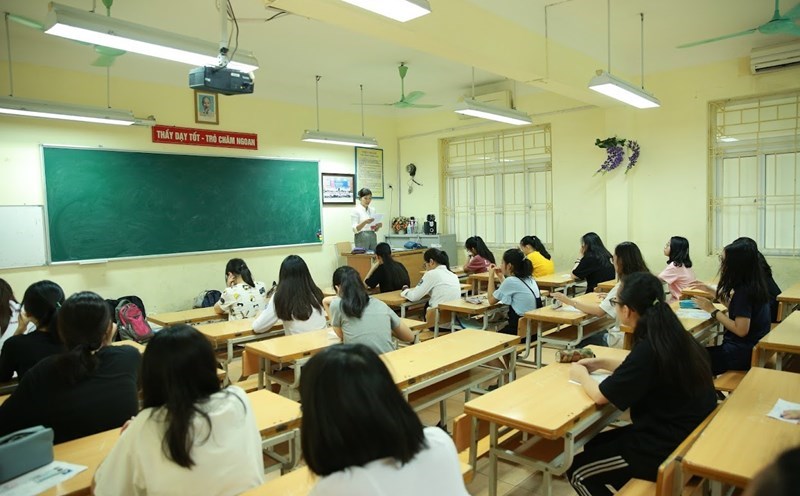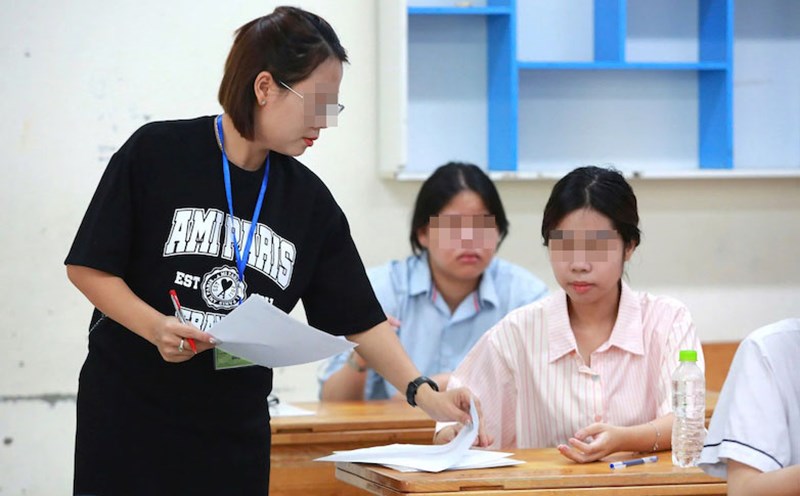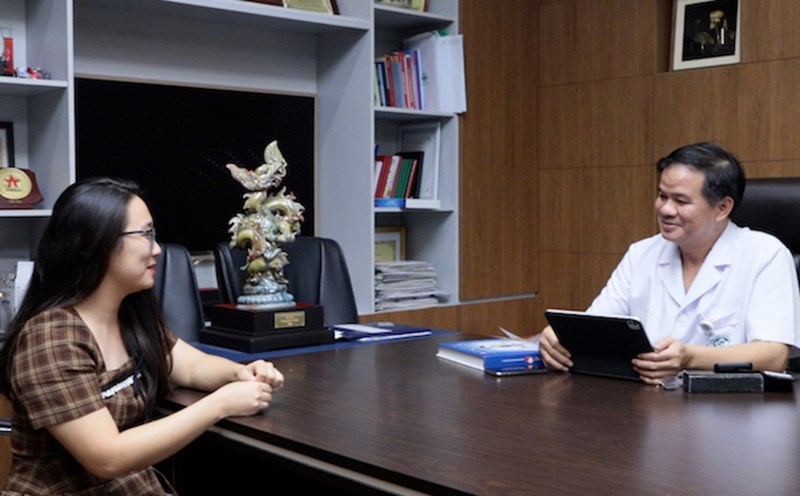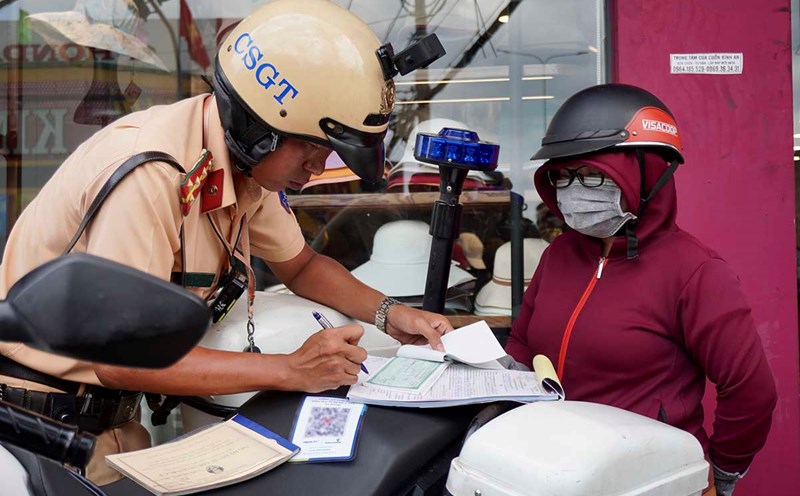Circular No. 19/2025/TT-BGDDT of the Ministry of Education and Training stipulates the reward and discipline of students.
According to the new Circular, disciplinary measures for primary school students only include 2 forms: Reminder and, more seriously, an apology (in cases where reminded but still violate).
Disciplinary measures for students at higher levels will include: reminders; criticism; the requirement to write self-assessment reports.
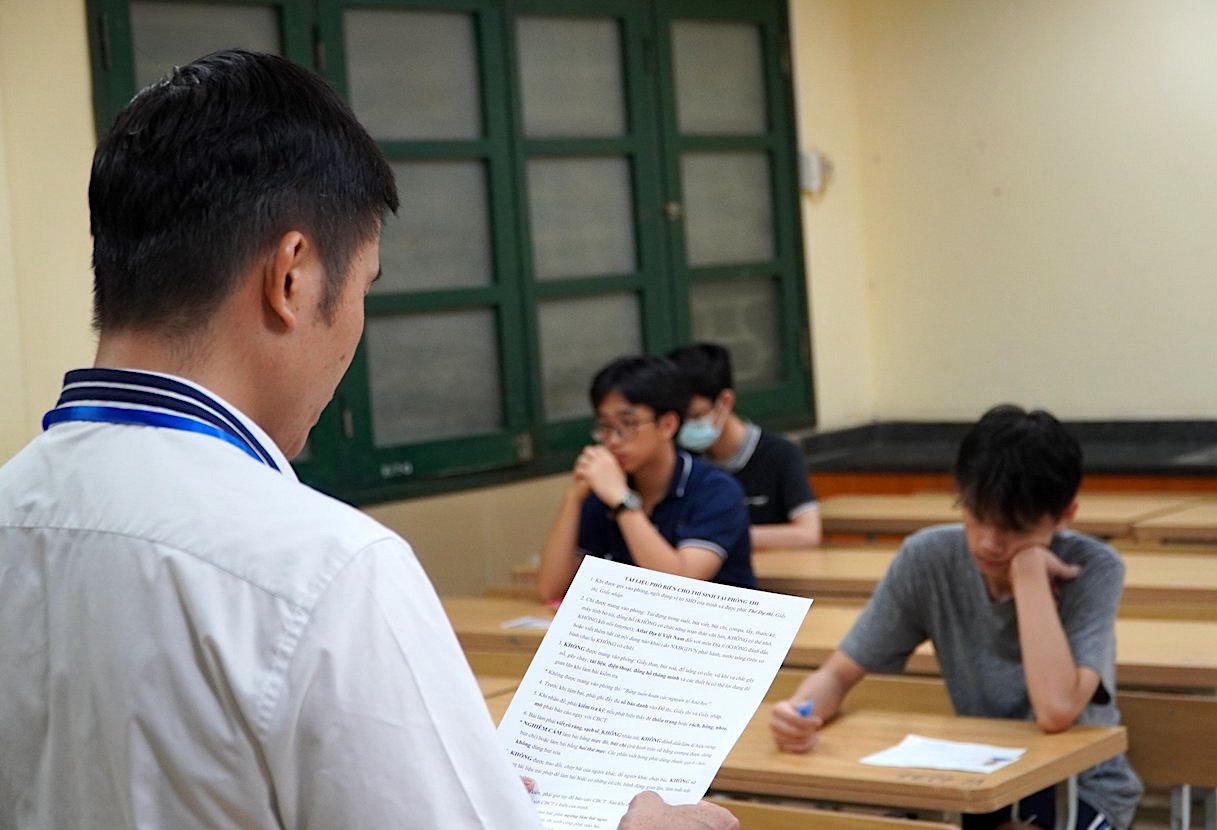
3 measures correspond to 3 levels of violations: Level 1 is a violation that is harmful to students themselves; Level 2 is a violation with a negative impact within the group or class; Level 3 is a violation with a negative impact within the school.
Mr. Nguyen Quoc Binh - Principal of Luong The Vinh Secondary and High School (Hanoi) assessed that eliminating severe forms of discipline such as suspension or suspension is a step forward, demonstrating the humane viewpoint of the education sector: Discipline is not to punish, but to educate and accompany students.
Mr. Binh believes that in reality, the form of suspension often does not help solve the problem at its root but can also leave unwanted consequences. When a student is forced to leave school, they are easily in a state of vulnerability, losing connection with teachers and friends, thereby developing a distant, inferior mentality and having difficulty returning to the rhythm of studying. Invisibly, this form sometimes pushes children further away from the educational reach, instead of helping them correct their mistakes.
On the contrary, the highest form of discipline is to write a self-criticism, combined with measures to remind and criticize, but is more positively oriented and humane. When forced to face their own mistakes, write their own recognition and commitment to correct them, students will learn to take responsibility for their own actions. This process not only helps children temporarily adjust their behavior, but more importantly, they practice self-awareness, form inner discipline and nurture maturity from within.
"That is the value that education aims for: No elimination, no punishment, but patient companionship to turn mistakes into opportunities for students to improve and mature" - Mr. Binh said.
Ms. Le Thi Hang, a junior high school teacher in Thanh Hoa, understands the humanitarian goals that this Circular aims for, but is concerned that teachers will have a hard time deterring particular students.
During nearly 20 years of working as a homeroom teacher, Ms. Hang has encountered many cases of students being unwilling, committing many serious violations such as theft, violence, and even insulting teachers.
"In these cases, there are times when schools are forced to suspend school for a few days. There are students who are later scared and gradually change, but there are students who continue even if suspended, and are somewhat more challenging to teachers" - Ms. Hang said and believed that the form of discipline in writing a self-criticism is only suitable for a certain group of students - those who are conscious in their studies.
Therefore, this teacher is concerned that the reduction of forms of student discipline will cause teachers to be " bound up" in teaching and disciplining adverse students.
"I hope there will be specific instructions and a framework of measures for each different level of violation so that teachers have a way to behave, not creating legal space in cases where students are not good, need to be handled strongly but still in accordance with regulations" - Ms. Hang expressed.
From the perspective of an education manager, Mr. Binh believes that cases where students are having difficulty disciplining even though the school has repeatedly reminded them, education requires perseverance and closer coordination between teachers, parents and society to both maintain discipline and not abandon any students.
"That is also the great responsibility and mission that we - educators - always concern and strive to fulfill" - Mr. Binh affirmed.

